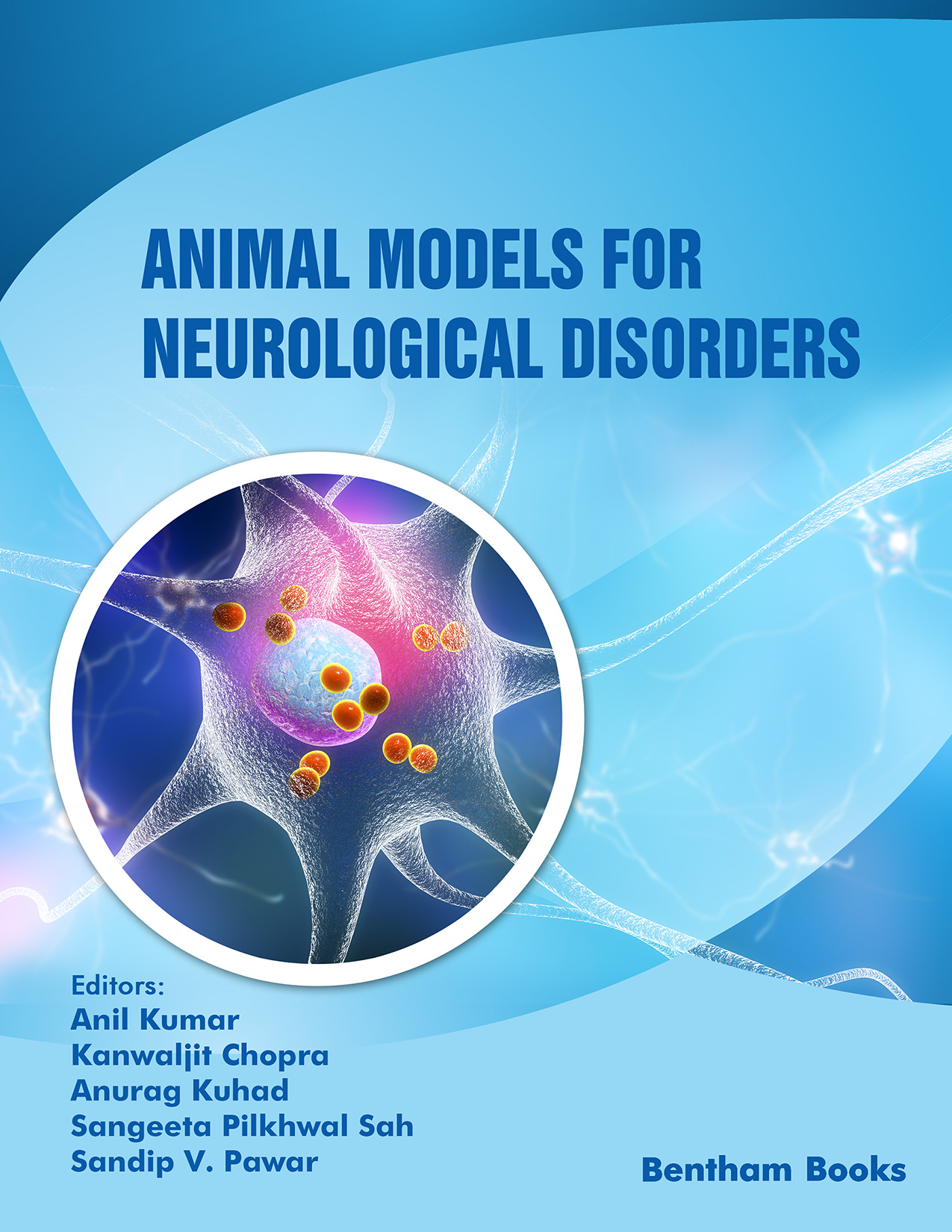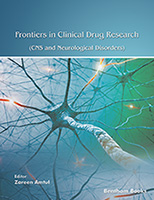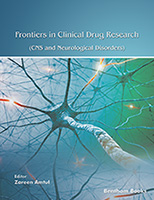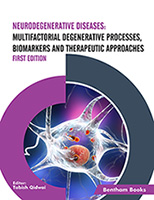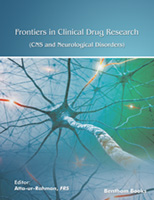Introduction
Animal disease models are a vital tool to study diseases and associated conditions. Studies on animal models can, in some cases, be used as a basis for modeling and understanding human diseases. Biomedical scientists face a challenge to choose the correct animal model to study disease pathology, and neurological diseases are no exception to this rule.
Animal Models for Neurological Disorders covers different animal models which have been used for studying neurological disorders. 13 topical chapters have been contributed by a group of experts on the subject with an aim to cover emerging experimental models of a range of neurological diseases encountered in the clinic including Alzheimer’s disease, psychosis, Parkinson’s, Huntington’s disease, vascular dementia, schizophrenia, multiple sclerosis and brain tumors, among others. The chapters also inform readers about relevant clinical correlations in each disease model where appropriate.
Animal Models for Neurological Disorders is intended for all scholarly researchers and students of biomedical sciences, pharmacology, medicine (oncology, neurology, psychiatry), pharmacy, biochemistry, and biotechnology. The organized contents of the book also serve as a quick reference point for scientists working in applied areas of neuroscience including the study of neurodegenerative diseases and cognitive dysfunction in living organisms.
Audience: Scholarly researchers and students of biomedical sciences, pharmacology, medicine (oncology, neurology, psychiatry), pharmacy, biochemistry, biotechnology; scientists working in applied areas of experimental pharmacology, neuroscience including the study of neurodegenerative diseases and cognitive dysfunction in living organisms.

